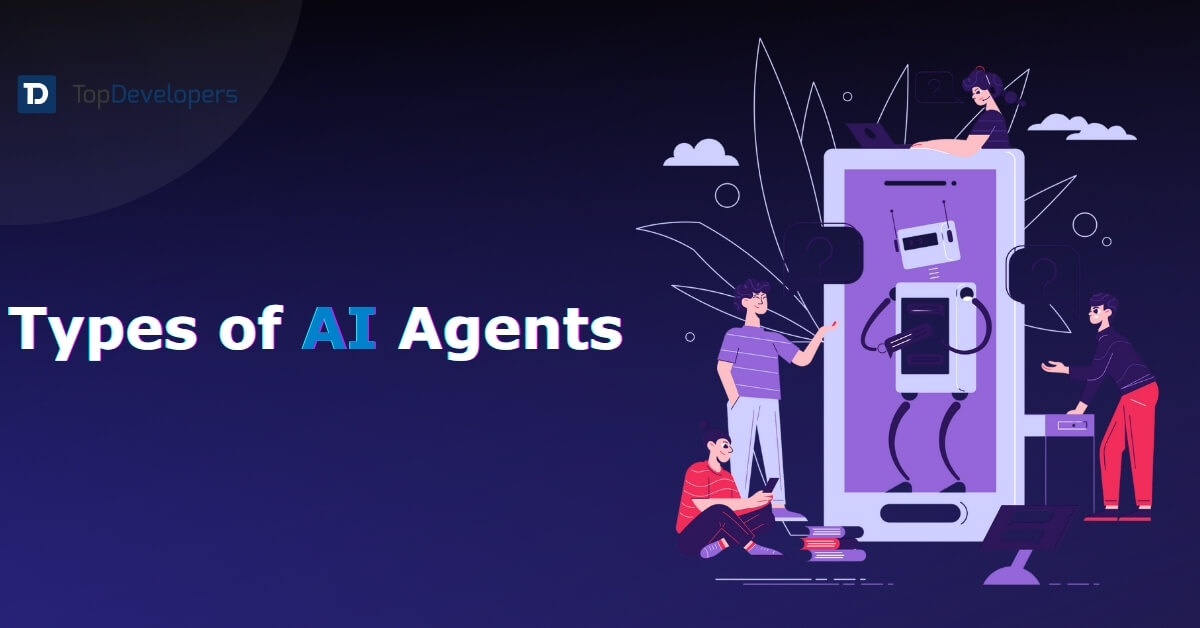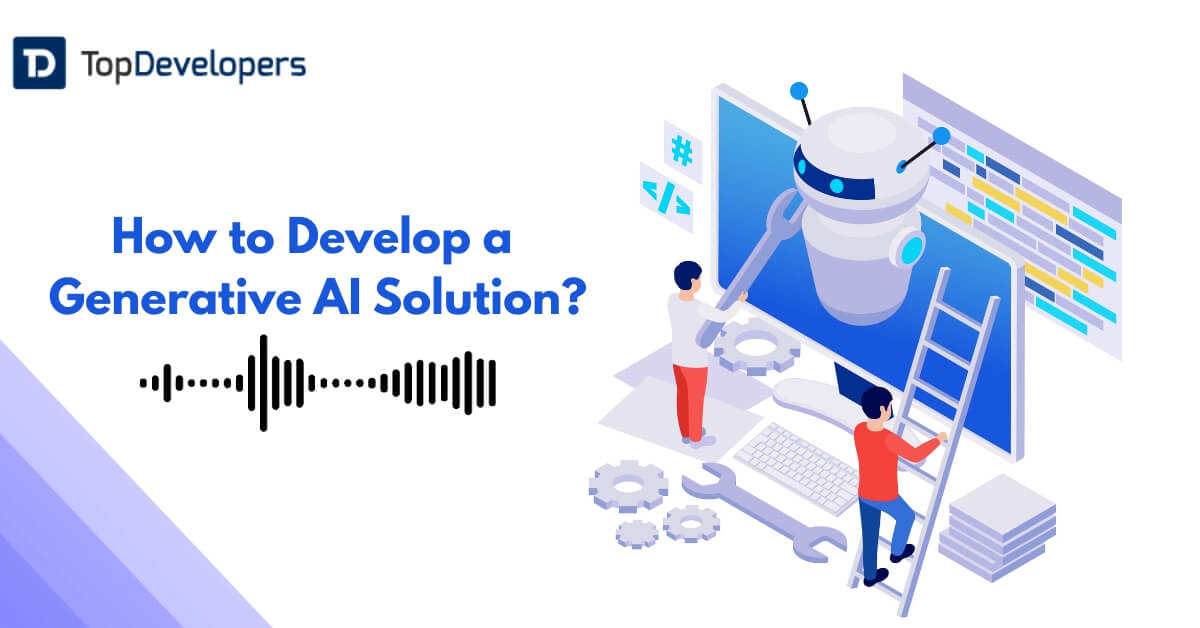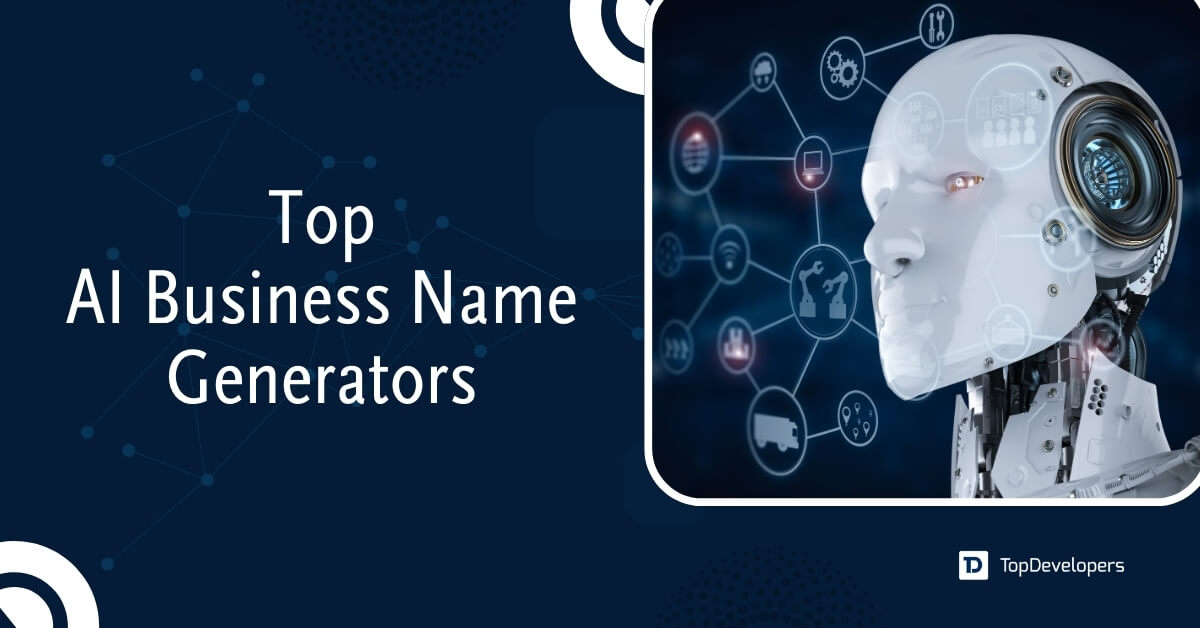
AI in stock trading has become a major driving force in how investors react to fast moving markets. Stock trading has always moved fast, but the pace today is unmatched. Markets shift within seconds. News spreads across the world in an instant. Data keeps growing, which makes human decisions slower and less reliable. Investors need tools that can understand this information quickly and react at the right moment.
According to a recent report, the global AI in fintech market is projected to reach over 61 billion dollars by 2032, showing how rapidly financial institutions are adopting intelligent trading systems.
Artificial Intelligence is filling that gap. AI powered tools are now used by everyday traders and large financial institutions. These systems study patterns, track global events, and generate insights that humans can easily miss. This shift is also driven by the rise of digital trading platforms that make automation more accessible.
Recent studies show continuous growth in AI adoption across global finance. Trading firms rely on AI for predictions, portfolio construction, and real time monitoring. Retail traders also use AI based platforms for assistance in research and decision making. These two groups now move together toward data driven trading models that reduce guesswork and support smarter choices.
This growing adoption raises an important question. What exactly is AI doing in stock trading, and why has it become so essential?
Table of Contents
- What Is AI in Stock Trading?
- From Traditional Trading to Intelligent Automation
- How AI Works in Stock Trading?
- Use Cases of AI in Stock Trading
- Benefits of Using AI in Stock Trading
- Real World Examples of AI Stock Trading Companies
- Building or Adopting AI Powered Trading Solutions
- Best Practices for Using AI in Stock Trading Safely
- Conclusion
What Is AI in Stock Trading?
AI in stock trading refers to the use of intelligent systems that can study market data, recognize patterns, and make decisions based on learned behavior. These systems learn from how prices move, how traders react, and how news influences market sentiment. AI can find relationships that are difficult for humans to notice. It can also process far more information in far less time.
The introduction of AI has changed stock trading from a slow and manual process to a more structured and automated approach. Traders now rely on AI to forecast price movements, manage risks, and handle complex strategies. Hedge funds, retail apps, and fintech companies use AI to personalize investment suggestions and automate entire trading workflows. As a result, stock trading becomes more consistent, scalable, and efficient.
From Traditional Trading to Intelligent Automation
Traditional trading depended on human expertise. Traders studied charts, news updates, and economic signals. They reviewed company reports, financial ratios, and performance records. Decisions often came from experience or personal instinct. This process worked when market data was limited. Today, it is no longer enough.
Here is how traditional trading compares with modern intelligent automation.
- Earlier trading relied on manual chart analysis and personal interpretation
- Traders combined fundamental and technical analysis to make decisions
- Human emotions such as fear and overconfidence influenced outcomes
- Market complexity grew rapidly, making manual analysis slow
- Algorithmic stock trading emerged as a way to remove personal bias
- Quantitative models became essential for fast and accurate execution
- Automation improved consistency in handling high volumes of trades
This shift toward automation did not replace humans. It enhanced their decision making abilities. Traders now use AI to support their strategies, validate ideas, and avoid costly mistakes.
How AI Works in Stock Trading?
Artificial intelligence follows a structured workflow in stock trading. Each step plays an important role in making accurate and responsible trading decisions.
Step 1. Collect Data
AI systems start by collecting large volumes of data.
This includes:
- Market data such as price and volume
- Technical indicators from charts
- Fundamental data such as earnings and financial statements
- Economic data such as inflation, interest rates, and employment reports
- News headlines and global updates
- Social media sentiment
- Alternative data such as website traffic or satellite images
AI tools need all this information to understand how markets behave in different conditions.
Step 2. Prepare Data
Raw data often contains errors or irrelevant information.
AI systems clean this data before training.
This includes:
- Removing duplicate values
- Normalizing price and volume information
- Identifying useful features
- Converting text from news or reports into structured values
Clean data increases the accuracy of predictions.
Step 3. Train Models
The next step is to train AI models using historical data. Machine learning and deep learning models identify patterns that repeat over time.
AI Models learn things like
- How prices react to earnings announcements
- How volume changes during market stress
- How news sentiment affects stock demand
Training helps AI understand both normal and unusual market behavior.
Step 4. Backtest Strategy
Once the model learns patterns, it must be tested.
Backtesting checks how the model would have performed in the past.
This helps traders:
- Validate signals
- Analyze win and loss patterns
- Identify how the system reacts during market crashes
- Adjust risk levels
Backtesting ensures that the system is not making random predictions.
Step 5. Deploy for Live Trading
Trained AI models are integrated with popular stock trading platforms using APIs.
This allows the system to:
- Send buy or sell orders
- Track real time prices
- Adjust strategies based on live conditions
- Pause activity if the market turns unstable
Real time execution makes AI a valuable partner for traders.
Step 6. Monitor and Update
Markets change constantly.
- AI systems must be updated regularly.
- Monitoring helps detect performance problems.
- Retraining keeps the model accurate.
Updates also prevent issues like drift, where the model becomes less responsive to new data.
This cycle repeats as markets evolve. This is why AI in trading requires long term maintenance, not just initial development.
Use Cases of AI in Stock Trading
AI supports a wide range of trading activities. Here are the most common uses.
Algorithmic and High Frequency Trading
AI executes trades in milliseconds. It identifies opportunities based on predefined rules. High frequency trading platforms rely on AI to manage speed, volume, and precision.
Predictive Price and Trend Forecasting
AI models study patterns in market behavior. They forecast short term or medium term price direction. This helps traders plan entries and exits more effectively.
Portfolio Optimization and Robo Advisory
Robo advisors use AI to:
- Allocate assets
- Rebalance portfolios
- Reduce tax exposure
- Suggest diversified combinations
This gives retail traders tools once exclusive to large institutions.
Sentiment Analysis
AI uses natural language processing to study:
- News headlines
- Analyst reports
- Social media posts
- Market commentary
Sentiment analysis helps understand public opinion and market mood of the stocks.
Risk Management and Anomaly Detection
Artificial Intelligence stock trading tools identifies sudden changes in:
- Price movements
- Liquidity
- Volatility
It warns traders about unusual behavior that may signal larger risks.
Personalized Insights for Retail Investors
Trading apps use AI to:
- Suggest stocks that match user preferences
- Highlight opportunities
- Automate research
- Deliver real time alerts
AI becomes a personal analyst for individual traders.
Benefits of Using AI in Stock Trading
AI offers specific advantages that improve the quality of stock trading decisions.
- Faster and more informed decisions
- Reduced emotional bias in trading
- Better risk control through continuous monitoring
- Improved accuracy with repeated learning
- Real time processing of large data sets
- Lower cost of execution for traders and brokers
- Ability to scale strategies across multiple markets
These benefits of AI in stock trading support consistent performance even in fast moving environments.
Real World Examples of AI Stock Trading Companies
Several companies have embraced AI to support predictive trading, automation, and decision intelligence. These examples help illustrate how AI is used in practical trading environments.
1. Trade Ideas
Trade Ideas offers AI powered market scans and automated trading assistance. Its AI engine runs simulations to generate strategies and trading signals. The platform is widely used by retail traders for daily market insights.
2. Kavout
Kavout uses machine learning to rank stocks using a score called the K Score. The popular system processes fundamentals, technicals, and sentiment to deliver predictions. Investment firms use these scores when designing stock trading strategies.
3. Alpaca
Alpaca provides an API based trading infrastructure with AI assisted automation. It helps developers and traders create custom bots and programmatic trading workflows. Its open architecture attracts fintech startups and AI research groups.
4. Numerai
Numerai combines AI and crowdsourced data science. Participants build machine learning models, and the best models influence a unified hedge fund strategy. It shows how collective intelligence can support institutional trading.
5. TrendSpider
TrendSpider automates technical analysis. The platform uses AI to detect chart patterns, trends, and signals in real time. Retail traders use it to reduce manual charting time.
These examples show how AI is shaping both retail and institutional stock trading environments. Each platform uses AI differently, but the goal remains the same, to support better and more informed decisions.
Building or Adopting AI Powered Trading Solutions
Some traders use ready made platforms. Others build custom solutions for deeper control. Understanding the difference helps businesses choose the right direction.
Off the Shelf AI Trading Platforms
Off the shelf trading platforms offer:
- Easy setup
- Pre built indicators
- Market scanners
- Basic automation
- Limited custom strategies
These AI platforms are useful for retail traders who want fast access to AI tools. The limitation is that they cannot handle proprietary strategies or advanced data.
When Custom AI Trading Software Is Needed
Custom AI stock trading solutions are important when:
- A business uses unique data sources
- Proprietary trading strategies must remain private
- Regulatory requirements demand full transparency
- The platform must scale to large trading volumes
- Real time execution needs full control
Custom AI stock trading systems provide flexibility and security for firms that manage significant capital or sensitive information.
Working with an AI Development Company
Building an AI powered trading system is not simple. It requires a mix of financial knowledge, technical skill, and long term maintenance. This is why many businesses choose to work with an AI development company. These top AI development companies understand both the technology and the financial environment, which helps reduce risks and improve strategy performance.
A professional AI development partner helps in several areas. They begin by studying the trading goals of the business. They identify what type of data is needed, how much it must be cleaned, and how the data should be structured. They also help select the right AI models based on the trading style, market behavior, and the level of automation required.
Working with an AI development company usually includes the following important tasks:
Defining clear objectives for the trading system: This includes understanding risk levels, trade frequency, expected returns, and types of markets to target.
Designing reliable data pipelines: The AI company sets up systems to collect, clean, and process data so the model always receives fresh and accurate information.
Training and validating AI models: They test popular AI models to identify the most stable and consistent option for real trading conditions.
Ensuring system stability and security: Best AI development companies work on building a secure environment that protects trading logic, user data, and API connections.
Setting up continuous updates: Markets change, so models must be retrained. The AI development agency handles periodic updates to keep the system accurate.
Implementing live monitoring: Once the system goes live, it must be monitored. The team checks performance, watches for unusual behavior, and prevents failures.
Selecting the right AI development partner ensures that the stock trading system remains reliable, transparent, and aligned with financial regulations. It also reduces the technical burden on trading teams and supports long term growth.
Best Practices for Using AI in Stock Trading Safely
AI is powerful, but it must be used carefully.
These practices help maintain control and reduce risk while using AI in Stock trading.
- Define clear trading goals before automation
- Set strict risk limits for each strategy
- Combine human oversight with automated decisions
- Validate all predictions using real market data
- Retrain models regularly
- Maintain documentation for compliance
- Keep system logs for audits
- Ensure stable and secure broker API connections
Responsible usage is essential because markets can change quickly and unpredictably.
Conclusion
AI is transforming stock trading by improving speed, accuracy, and decision quality. It studies patterns that humans may overlook and provides insights that help traders navigate complex markets. From predictive analysis to risk management, AI supports both beginners and professionals with reliable data driven tools.
However, success with AI requires ongoing monitoring, clear risk limits, and a balanced use of automation and human judgment. When used responsibly, AI becomes a powerful partner that enhances strategy and performance. As more traders adopt intelligent systems, AI will continue to reshape how markets operate and how investors approach every decision.
 Gillian Harper
| Nov 28, 2025
Gillian Harper
| Nov 28, 2025
A professionally engaged blogger, an entertainer, dancer, tech critic, movie buff and a quick learner with an impressive personality! I work as a Senior Process Specialist at Topdevelopers.co as I can readily solve business problems by analyzing the overall process. I’m also good at building a better rapport with people!


